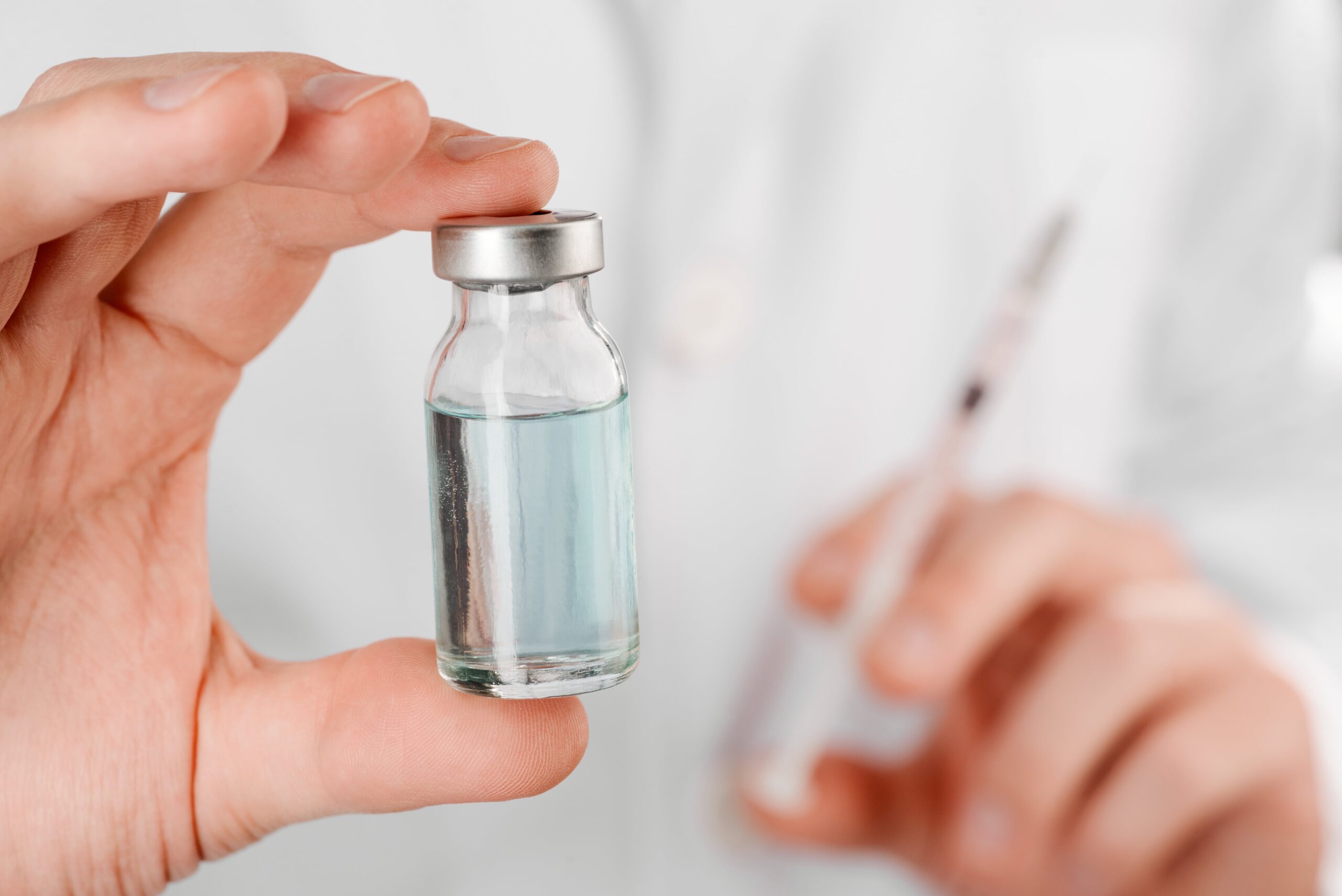Annual flu shots in the United States are going to be made a little differently this year, as one of the flu strains usually included appears to have been eliminated during the COVID-19 pandemic.
The components of each year’s seasonal flu vaccines are based on recommendations from the World Health Organization and an expert panel at the U.S. Food and Drug Administration (FDA), the Vaccines and Related Biological Products Advisory Committee. For a decade, seasonal flu shots distributed in the U.S. have guarded against four virus strains: the influenza A strains H1N1 and H3N2 and influenza B strains from the Victoria and Yamagata lineages. However, a significant shift is underway, brought about by the public health measures implemented during the COVID-19 pandemic. Since March 2020, influenza B Yamagata lineage viruses have not been detected and are believed to be extinct. These changes spurred the FDA’s advisory board to vote unanimously for a transition to a three-strain model for flu vaccines distributed in the United States.

Fast-Tracked Transition
Yamagata strains were already dwindling before the pandemic. Masking, distancing, and ventilation measures seem to have delivered the knock-out punch. According to Paul Offit, a member of the FDA advisory committee and director of the Vaccine Education Center at Children’s Hospital of Philadelphia, the decision to exclude Yamagata from flu vaccines had been under consideration for four years. He remarked on the critical nature of vaccinating against the most pertinent strains, commenting that, “You don’t want to be vaccinating people for something they don’t need.”
Following the committee vote, The FDA promptly mobilized vaccine manufacturers to facilitate a smooth transition to the new three-strain formula for the 2024-2025 flu season. Jerry Weir, director of the FDA’s Division of Viral Products, noted that “Each of the U.S. influenza vaccine manufacturers have submitted updated regulatory files related to a trivalent influenza vaccine, and approval of all the necessary regulatory submissions is on track for 2024-25.” In comparison, the transition is moving more slowly in other countries. Therefore, the committee voted to recommend a four-strain formula containing Yamagata for vaccines that will be made in the U.S. and distributed in other countries.
Global Implications
The exclusion of Yamagata strains expands vaccine production capacity, allowing manufacturers to increase vaccine availability worldwide, particularly in regions grappling with vaccine shortages. Researchers Zoltan Vajo and Peter Torzsa have suggested that the transition to a trivalent vaccine would increase production capability from approximately 500 million doses per year to 700 million doses per year. They noted that “Any means of increasing production capacity would be of enormous benefit, as influenza continues to cause millions of infections, hundreds of thousands of deaths, and billions of dollars lost due to health care costs and loss of working days.”
Open to Adaptability
As researchers wrote in the New England Journal of Medicine, the transition could allow for further changes to vaccine formulas. Because the current shot’s B/Victoria and A/H1N1 strains are more effective than the A/H3N2 component, experts have proposed doubling the H3N2 dose or introducing a second related component. However, such changes would only be adopted after rigorous testing and regulatory approval.
Continued Vigilance
The transition to a three-strain model marks a significant milestone. Yet, public health researchers will maintain influenza surveillance to ensure Yamagata doesn’t reappear. At the same time, increased capacity will expand access to the flu vaccine across the globe while researchers continue to adapt vaccine formulations with the goal of improving effectiveness.
Did you enjoy this blog post? Check out our other blog posts as well as related topics on our Webinar page.
QPS is a GLP- and GCP-compliant contract research organization (CRO) delivering the highest grade of discovery, preclinical and clinical drug research development services. Since 1995, it has grown from a tiny bioanalysis shop to a full-service CRO with 1,200+ employees in the U.S., Europe and Asia. Today, QPS offers expanded pharmaceutical contract R&D services with special expertise in neuropharmacology, DMPK, toxicology, bioanalysis, translational medicine and clinical development. An award-winning leader focused on bioanalytics and clinical trials, QPS is known for proven quality standards, technical expertise, a flexible approach to research, client satisfaction and turnkey laboratories and facilities. Through continual enhancements in capacities and resources, QPS stands tall in its commitment to delivering superior quality, skilled performance and trusted service to its valued customers. For more information, visit www.qps.com or email [email protected].





